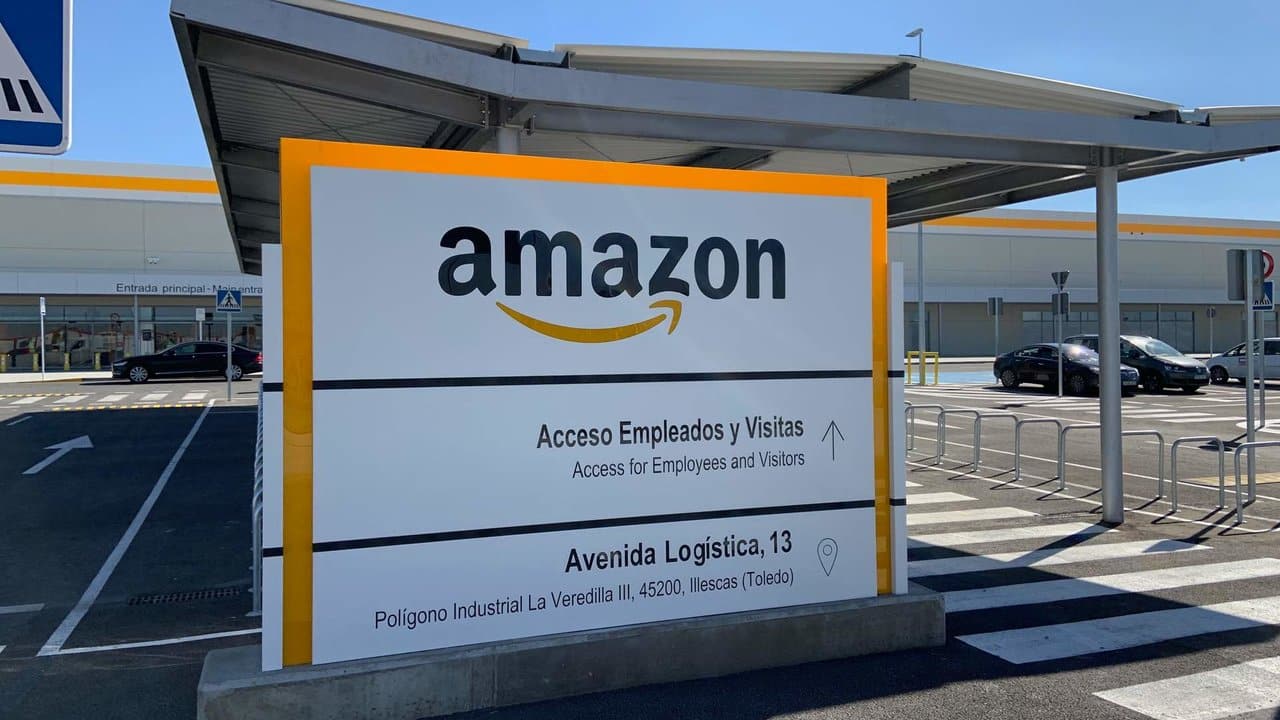In the competitive realm of cloud computing and artificial intelligence, there are stories that start as dreams of innovation… and end as intense legal battles. This is the case of Xockets, a small yet visionary startup from Texas that has just sued Amazon and Amazon Web Services (AWS) for what it believes to be one of the most severe and systematic patent infringements of the past decade.
At the center of the dispute are Data Processing Units (DPUs), a type of specialized chip designed to relieve traditional processors of the heaviest and most repetitive tasks in data centers. According to Xockets, it was precisely this technology—created and patented by its engineers—that Amazon allegedly took without permission after a private meeting in 2017.
A Meeting that Changed the Course
That year, executives from Amazon, including the head of Annapurna Labs, met with the founders of Xockets. What seemed like negotiations for a potential acquisition turned, according to the lawsuit, into a “deep dive” where Amazon thoroughly dissected how Xockets’ DPUs functioned, interviewing each engineer separately.
But the acquisition never went through. A year later, without any notice or agreement, Amazon launched its Nitro DPUs, now integrated into more than 20 million servers. Xockets claims that these chips are based on its patented architecture and that the benefit to Amazon exceeds hundreds of billions of dollars by improving performance and reducing operational costs in its data centers.
“They Stole Our Future”
“This isn’t just a patent issue. It’s about respecting innovation and the hard work of a small company that believed in an idea before anyone else,” asserts Robert Cote, a board member of Xockets. “They stole our future, and that cannot go unpunished.”
Xockets filed two lawsuits in a Texas federal court. The first focuses on the DPU computing architecture, pivotal for enabling tasks such as security, networking, or storage to be processed outside the CPU or GPU, thereby accelerating artificial intelligence model training. The second addresses the DPU-based network infrastructure, which allows for high-speed communication and processing in the very fabric of data centers.
From Lab to Battlefield
Xockets is no ordinary company. Founded in 2011 by Dr. Parin Dalal, a pioneer in DPU architectures, the startup has received support from figures like Greg Lavender (CTO of Intel) and Jerry Yang (co-founder of Yahoo). Its vision was clear: to bring intelligent computing directly to the heart of the network at the line level, without relying on slow, generalized software.
Since then, Xockets has continued refining this technology. Meanwhile, Amazon has grown unchecked in the cloud market, integrating its Nitro chips into most of its high-performance AI, storage, and connectivity services. For Xockets, this is no coincidence: it is a direct appropriation of its intellectual property.
A Favorable Legal Context for the Small Players
Xockets’ lawsuit comes at a pivotal moment. Last week, the U.S. Department of Justice and the Patent and Trademark Office issued a joint statement urging courts to restore the use of injunctions in patent cases, such as immediate cease-and-desist orders. For Xockets, this could be crucial in stopping the continued use of its unlicensed technology.
“It’s an uphill battle, we know that,” says a source close to the case. “But we also know that if the rights of innovators aren’t defended, the entire ecosystem suffers.”
David vs. Goliath 2.0?
Amazon has not yet officially responded to the allegations. However, the case could become a broader symbol of the debate about the power of big tech companies and the protection of independent innovation. If Xockets is correct, we’re looking at a paradigm case where a revolutionary idea was absorbed without credit by one of the sector’s most powerful players.
What is at stake goes beyond royalties or compensations. It’s about preserving the spirit of innovation, and ensuring that creators—even if small—can thrive in an environment where ideas are worth more than logos.
Source: Noticias inteligencia artificial

